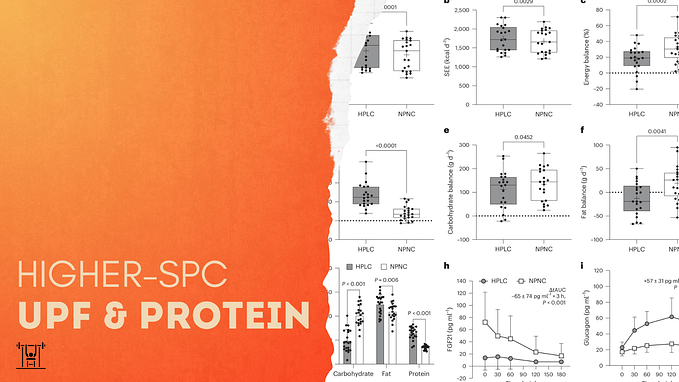
I’m going to violate Betteridge’s law and come right out with it: The answer is yes, probably.
If we look at the current state of FinTech and fast forward 3–5 years, it’s likely that we’ll see a few emerging trends become commonplace:
- Banks will co-opt promising FinTech startups (see JP Morgan Chase’s tie-up with OnDeck),
- Banks will copy promising FinTech business models (see Goldman Sachs’s Marcus in response to Lending Club and Chase Paymentech’s Checkout in response to Square),
- Banks will buy up failed FinTech ventures on the cheap (see JP Morgan Chase’s acquisition of MCX), and/or
- FinTech startups will become banks (see SoFi’s acquisition of Zenbanx).
So what’s behind these emerging trends? In a word, economics.
Savvy FinTech startups have succeeded in bringing new distribution methods, models, and user interfaces to market where traditional financial services providers have historically fallen flat.
Take Square, for instance, which flipped the merchant acquiring industry on its head by enabling anyone with a smartphone and 3.5 millimeter headphone jack to accept card payments via a simple, beautiful app. Square may have sprinted out of the gate, but competitors caught up quickly, replicating its innovation from Kenya to India to South Africa (not to mention its home turf, the US). Today, with a swarm of competitors on its heals, Square is increasingly focused on extending its moat via value-added services and loans (see Square Capital).
Another example is Lending Club, an early pioneer of the marketplace lending model. Lending Club leveraged a simple asymmetry: Credit card issuers often charge APRs in excess of 20% and deposit taking institutions pay APYs well under 5%. By giving retail investors an efficient way to diversify small investments across multiple borrowers, Lending Club gave investors a better return and gave borrowers lower rates. But Lending Club’s ‘secret sauce’ wasn’t enough to keep competitors at bay, and its model has now been replicated by banks and startups across the globe. Lending Club has responded by focusing on new verticals like auto loans, but the defensibility of these new verticals remains to be proven.
Competition validates that the early FinTech pioneers were on to something (and they were), but it also leads to thinning — if not vanishing — margins. And that begs the question: Who makes money in a world where transaction fees approach zero?
Banks do.
Why? Because at their core banks are just payments companies with deposit-taking and lending licenses, which gives them the ability to cross-subsidize lower-margin services like payments with higher-margin services like loans. And when it comes to lending, you can’t beat a bank’s cost of funds.
Just look at Equitel in Kenya, the mobile virtual network operator (MVNO) run by Equity Bank on Airtel’s mobile network. It only costs Ksh 60.5 (~$0.59) to transfer Ksh 35,000 from Equitel’s MyMoney to an M-PESA account, whereas M-PESA charges Ksh 187 (~$1.82) to transfer Ksh 35,000 to an M-PESA account. Equitel has opted to forgo transaction revenue in order to source new accounts and grow its loan book.
FinTech pioneers aren’t oblivious to where this all leads. In fact, more and more are beginning to talk about acquiring banks or banking charters. In a recent episode of ACCION VentureKast, Kopo Kopo CEO Ken Kinyua said:
“There is a point where we’ll be struggling with how to maintain competitive margins for the business, which brings you to a very interesting conversation: What is the cheapest way to get funds? And that is to take public deposits… Do you not then convert and become a bank?”
(Disclosure: I’m a shareholder in Kopo Kopo.)
So, my title and opening sentence might have been a little dubious. It’s not that banks will destroy FinTech startups; it’s that FinTech startups are either going to partner with, be subsumed by, or become banks.
Will banks win the FinTech race? Yes, probably.
Once it’s just banks competing with banks, won’t the margins in lending disappear too? Yes, probably. That’s the subject of my next post.











